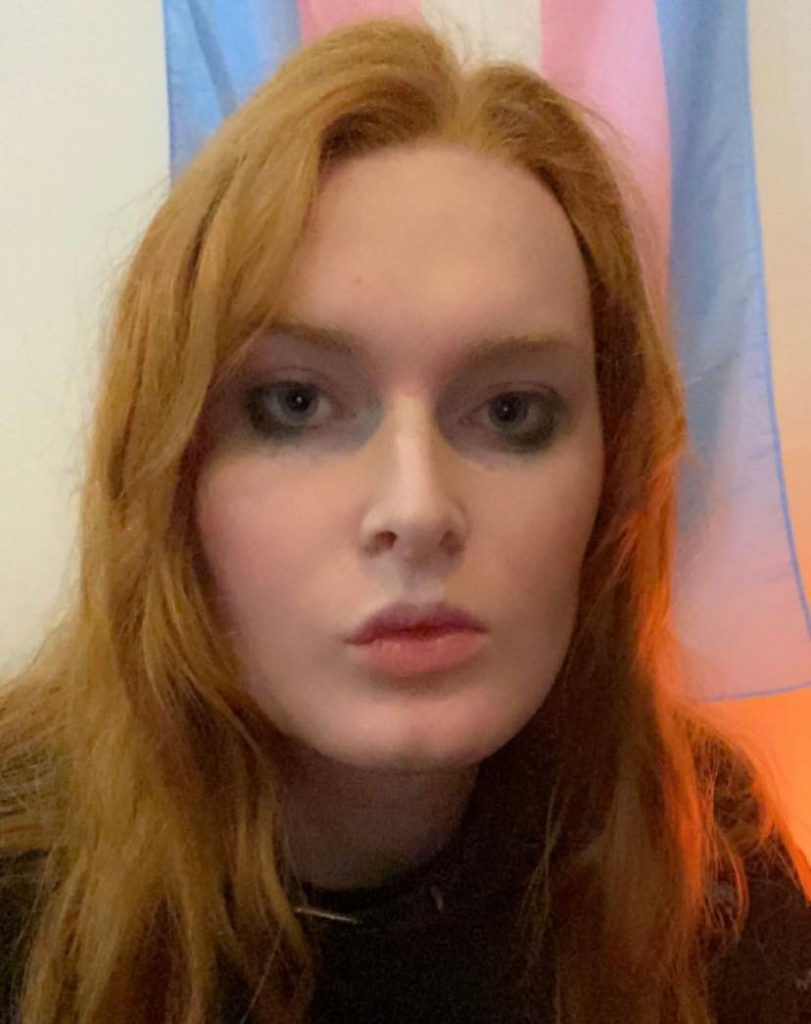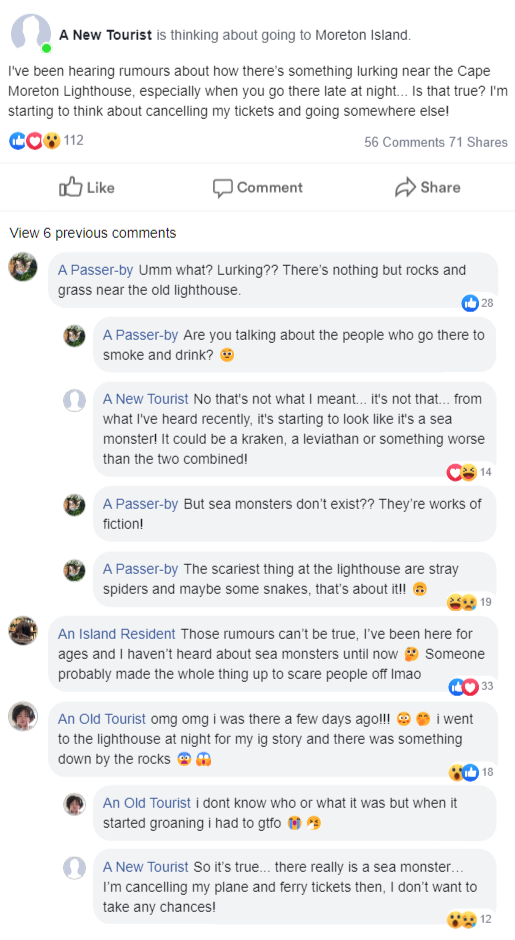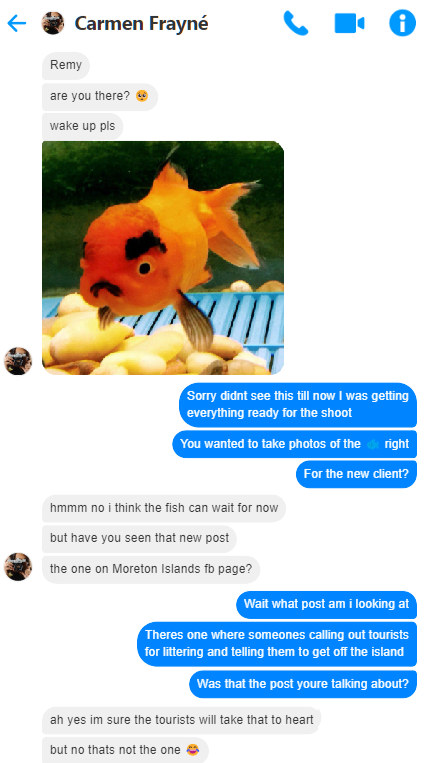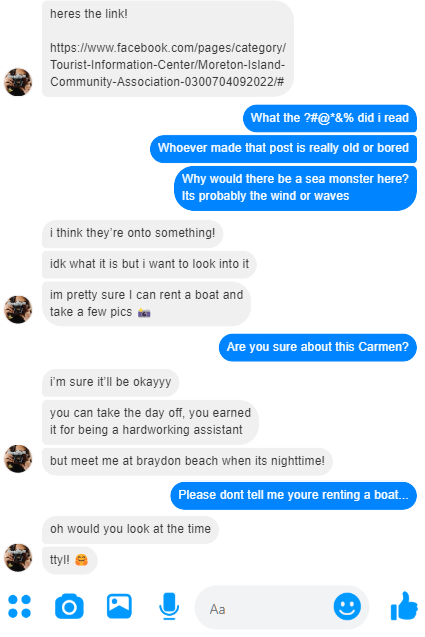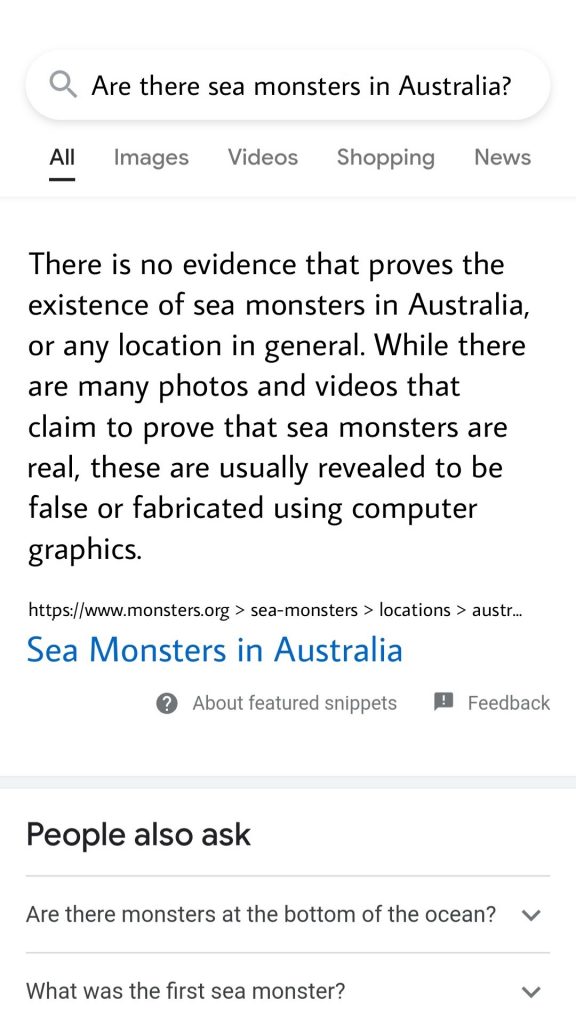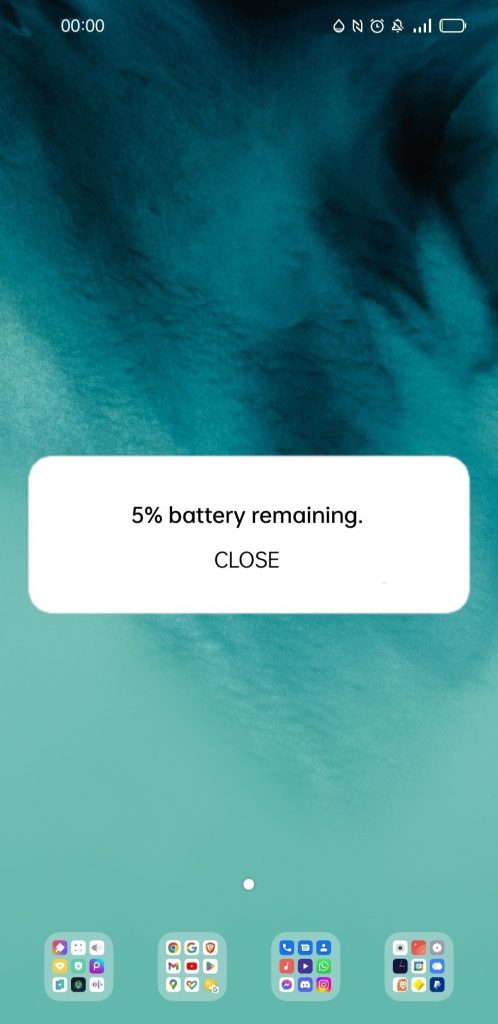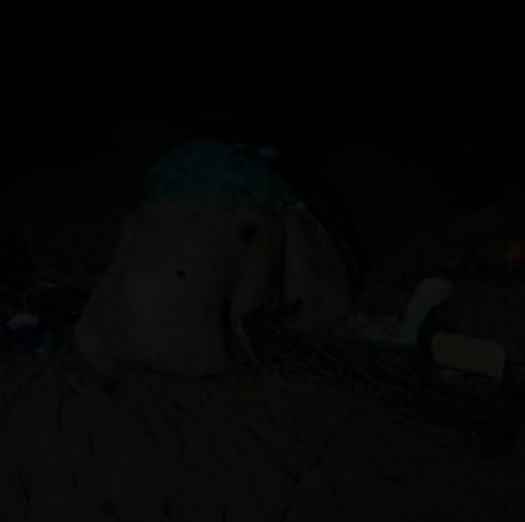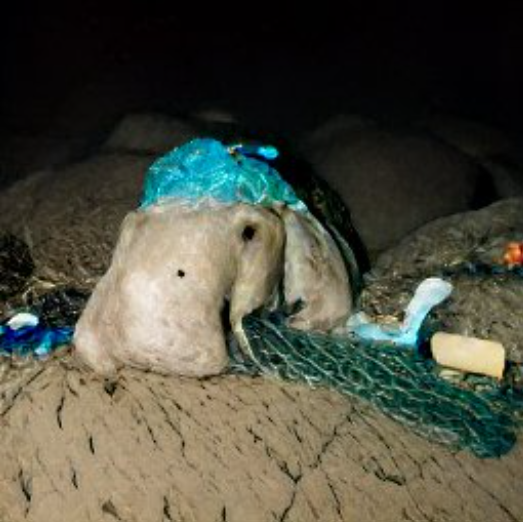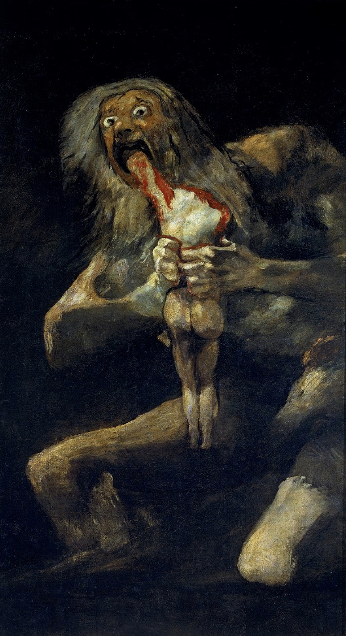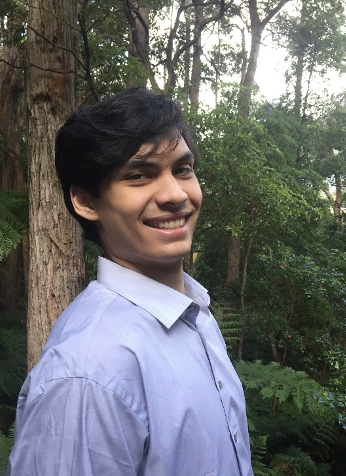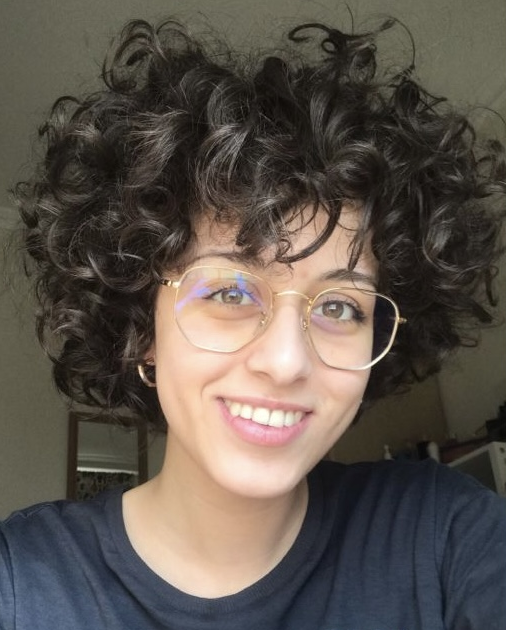In a small town in the far north, and Harley Iskranovich is going on an adventure.
Polyarnyy is a naval town, it always has been. Harley has lived there her whole life, on the curb of the arctic, where temperatures reach only about as high as 20 degrees in the summer and -5 in winter. It’s not a fading town, though some parts of it show their age. There are the famous Kirovkas, renovated over and over again, five stories of cheap, tight-knit apartments – she knows all her neighbours. Unfortunately, that doesn’t include that boy from a few blocks down that she wishes she knew better.
The mountains and hills that’re dotted with lumpy bushes and grasslands – not many trees, the permafrost makes it hard for them to grow – lumber around the settlements humans have eked out in this frigid environment, ships awaiting defueling and disposal rot in the ice waters. A quiet town with not much about it but the wind and water and the motherland somewhere thousands of miles south, far beyond anywhere the Kola Bay leads to; past the hills and mountains in the distance, somewhere after the White Sea and Lake Lagoda.
Harley is an unusual name for someone here, truth is she was named after the motorcycle. Her Dad loved his, her Mother was taken by the uniqueness of the name (and how quietly soft her Father was after the suave biker attitude. Even if it was likely by default, since he was probably the only biker in the entire Murmansk oblast.)
The waters sometimes carried faces, images of things long past. Polyarnyy had only been founded in 1893, so there wasn’t much in the way of legend, though the people out in the hills knew better. Harley had little in the way of interacting with them herself, but she been hearing a voice from the hills that she felt like she should probably investigate. It wasn’t urgent, it was always something that could be ignored. But it was like an unreturned shopping trolley – no one’s forcing you to, but for sake of politeness, it’s not something one should ignore.
She was going off to find the voices in the wind, to see if she could see what head they belonged to, see if they could speak, if their eyes contained any memories.
The ground was hard and firm, it was a warm (by Polyarnyy standards) spring day. A walk would, by any means, be a nice break from the usual procedures. The sun sparkled on the lakes as she left the main road to march down the general direction of where she’d felt their call, the waterfowls wearily watching her wander past them. Foxes watched from their bushes, ignoring the hares who stared with them.
As a frog were to a boiling pot, Harley didn’t notice the eyes that were building up along her back, nor the shadows whose gestures followed hers. Every creature, living, dead, and inbetween, that lived beyond the naval yards and the touch of man, was keenly aware of Harley Iskranovich, except for Harley Iskranovich.
They were the ones that’d called for her, the vehicles that had been used to deliver a message for her ears only. It was a whisper carried on the wind, a signal broadcast from the branches of trees that didn’t sprout. How nature could communicate what was incommunicable was a difficult feat, and a good number of people had the mind to ignore her, but Harley had answered – or at least seen the message.
The Earth is a creature far more complicated and ancient than humans perceive. Beneath its crust lies secrets which never have and probably never will be looked upon by human eyes, and its spirit moves and influences all around it far more than what it is given credit for. A slumbering giant in a permanent REM sleep, aware of activity on its surface, but just unable to wake completely. It could feel Harley’s steps. But Harley couldn’t feel it – though she could see.
Before her, stood.. something.
She wasn’t sure what even was there. What she was supposed to have been looking at. A creature, like a curled up dragon, seated similarly to eastern statues of dogs or other guardian creatures, sat before her, a blue swirling mass in its clawed hands, cackling with some kind of power. It was like nothing she’d ever seen before – not in real life, anyway.
The hairs on her skin stood on end as she slowly turned, and jumped, startled by all of creation there staring intently at her without any concern for their neighbours. Their glassy eyes, their dim expressions. Nothing they could say or do, the dragon following with the-
Harley jerked her head around. Closed her eyes. Opened them. The dragon statue was still there. Still- what was it, stuck to her eyes? She could see it just as clearly with her eyes closed than if they were open. It was like it was burned into her, a floater stuck on her retinas, and nothing short of an atomic incision could separate it. It got closer the more steps she took, regardless of back or forward. Harley started to panic, her heartbeat rising, not helped by the forest watching her from behind, and not in the least bit aided by the flooding realisation of what was happening, at least, as far as she could tell it; only wanting it to end, clutching her head in a panicked scream until-
S t o p .
She stopped.
Everything stopped. The world froze completely still, though Harley, now separated from it, could still think. She could still see, without moving her eyes; and could still hear, though not in the usual way.
G o .
Time restarted, Harley fell over. Shocks and shivers ran up and down her skin, a pins and needles sensation that ripped strength from her legs and sanity from her mind, her poor brain already struggling to comprehend what was happening. The dragon was gone from her sight, but then she happened to jerk her gaze up to the cliff’s edge in front of her, where there had been a forest pathway laden with trees just seconds before; and there it was again, waiting, patiently, for her to approach it, all the while it burned its image into her eyes once again.
C o m e .
Harley took one step forward, and hesitated. It had an almost magnetic pull to it, the swirling blue, white and dark purple mass it held like an alluring gem, one that Harley obediently felt the need to obtain. She took another step forward, if not to obey the voice that shook her very soul at its majesty, but for herself, for power, for intrigue, for-
Her fingers traced the mass.
The world turned off. She touched the magic swirling ball, and the earth around her disappeared. She did not fall.
She did not vanish. The void suspended her in its chasm. The dragon stayed, as did the ball, but the earth did, at least, as she knew it.
It was impossible to describe what took its place. A psychedelic dream-like state of being beyond time and space. Beyond what the mind could understand. And yet, it did. And it spoke.
Harley looked back to see herself reflected in the stars, her twin holding the ball as she did.
A r e y o u e n j o y i n g y o u r s e l f ?
Harley couldn’t speak. Even if she could, there was nothing she could say. Reasoning it was her twin speaking, she shook her head slowly.
Y o u s h o u l d .
Her twin let go. The ball sank in her hand, a thousand times heavier than she could have possibly imagined, and yet, her body, her hand, did not move – and neither did the ball.
Y o u a r e n o t g u i l t y , the Earth said, B u t f o r g i v e t h o s e w h o c a n n o t .
Harley didn’t understand. There was no possible way she could understand. What could it possibly mean-
E s p e c i a l l y, the Earth said, her reflection approaching her forehead with an outstretched finger, y o u .
The space fired. Stars and cosmic wonders, that was the closest she could ascribe to it, like a screensaver or a travel through time montage, all of it whirling past her mind through eyes that couldn’t see and ears that could not hear. It was everything and nothing, so much information to store, none of it possible to keep. Her brain was not capable of processing such data.
A million and one lifetimes in the blink of an eye, a billion in a second, for all time, as the earth had seen and would see immemorial-
“Hey!”
The world returned. And so did Harley. Shaking, sweating, her mind beating a million miles a minute as she tried to comprehend what the hell had just happened – and not to forget.
Tears ran down her face.. Or was it sweat? Had she been running? She couldn’t remember. She felt sweaty. Her knees were shaking, and her palms felt damp. Maybe it was the sun.
“Hey, you there!”
That voice was back again. Harley blinked, and managed to reply, “y-yeah?”
“You okay? You’re standing awfully close to the edge,” a concerned man’s voice called out. Harley looked down. That was indeed the edge. She backed away instantly.
“I, um,” she swallowed, looking for words. Her eyes darted across the ball.
Wait. What?
She was still holding the ball. A bright blue ball with a white swirl and some kind of magical pulse to it.
She spun around. The animals were gone.
Enough of it came back for her to keep her sanity – perhaps the earth was being merciful. She stuffed the ball in her backpack. “Yeah, I, uh, I’m fine.”
“You sure?” the man asked again. “You looked like you were in a trance.”
“Well, we all are, sometimes,” Harley answered awkwardly.
The man gave her a weird look from his spot at the bottom of the cliff.
Harley didn’t care. She had bigger monsters to deal with.
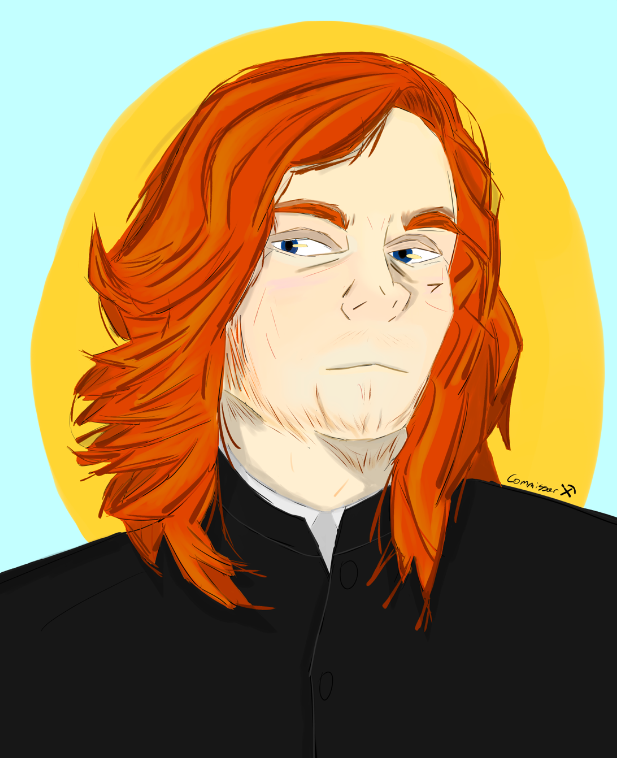
The Author
Robin Kneipp is an Australian writer who works in both fiction and non-fiction works, usually with some degree of overlap. Often writing about Australia with some fantasy elements influenced by video games and stories heard growing up, Kneipp’s writing is a blend of of urban fantasy and finding magic in the everyday struggles that all people share.
